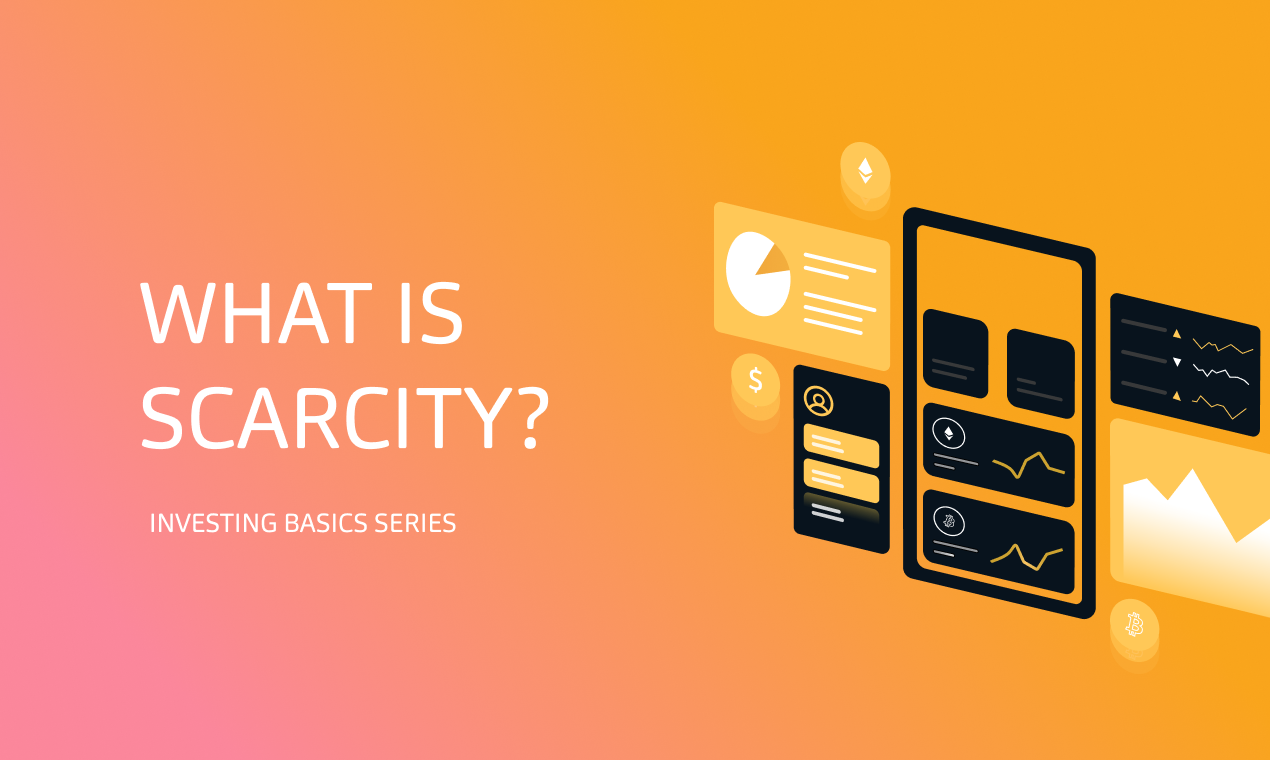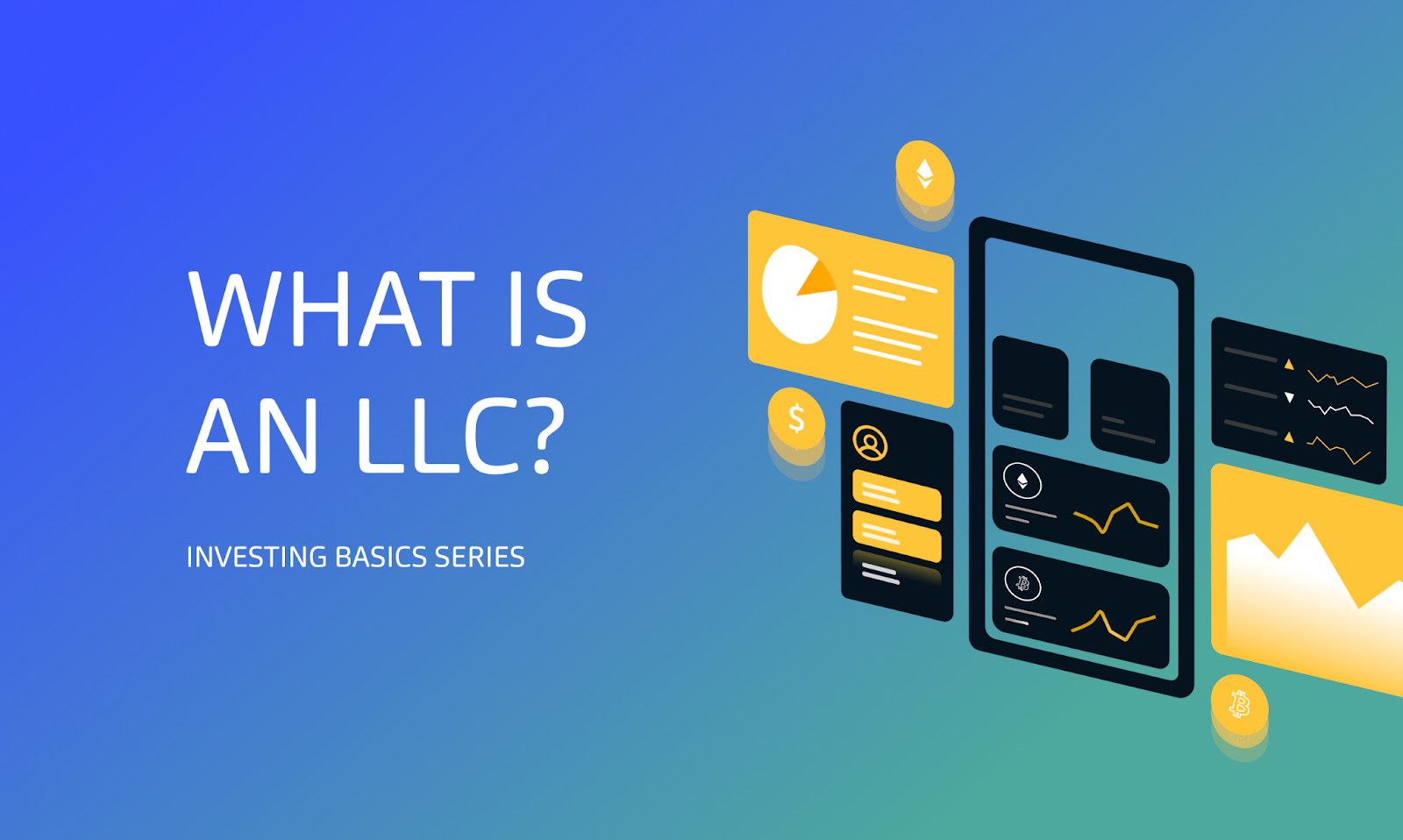
When a private company first offers its shares to the public, it is referred to as an Initial Public Offering (IPO). An IPO could be launched to raise new funds. or existing private shareholders can offer their shares to the public.
The IPO Process
It can take a long time before a company can go public. As a first step to the IPO process, a company must select an investment bank. This investment bank will determine the price of the shares and provide underwriting services, i.e., agree to buy the shares if other parties are not willing to buy them. The company also informs the regulators about the interest in launching an IPO. A roadshow is also conducted to garner the interest of institutional investors like mutual funds and hedge funds. After the regulator approves the IPO, the investment bank and the company decide on the price and date on which to launch the shares. Retail investors may get a few days to indicate interest in an IPO, and based on the demand for the IPO, shares are allocated accordingly.
The IPO process can be expensive, and once a company turns public, there are additional regulatory formalities. Share prices may be volatile once trading is allowed on the exchanges. IPOs give access to additional capital and improve the share's liquidity.
Example
Google (now Alphabet, Inc.) launched its IPO in 2004. It had already been a private company for some time, having successfully launched as a search company. Google’s IPO shares were priced at $85 per share, and its stock price jumped 18 percent on the first day of trading.1
References
“Investor Bulletin: Investing in an IPO.” SEC. https://www.sec.gov/files/ipo-investorbulletin.pdf
1. “This Day In Market History: The Google IPO.” Yahoo! Finance. https://finance.yahoo.com/news/day-market-history-google-ipo-105500069.html
Please note that this article is for educational and informational purposes only. Alpaca does not recommend any specific investments or investment strategies. Investments in securities involve the risk of losses and past performance does not guarantee future results. Before investing you should carefully consider your investment objectives, time horizon, and overall risk tolerance as well as the information stated in the product offering prospectuses.
Securities brokerage services are provided by Alpaca Securities LLC (“Alpaca”), member FINRA/SIPC, a wholly-owned subsidiary of AlpacaDB, Inc. Technology and services are offered by AlpacaDB, Inc.
This is not an offer, solicitation of an offer, or advice to buy or sell securities, or open a brokerage account in any jurisdiction where Alpaca is not registered (Alpaca is registered only in the United States).





